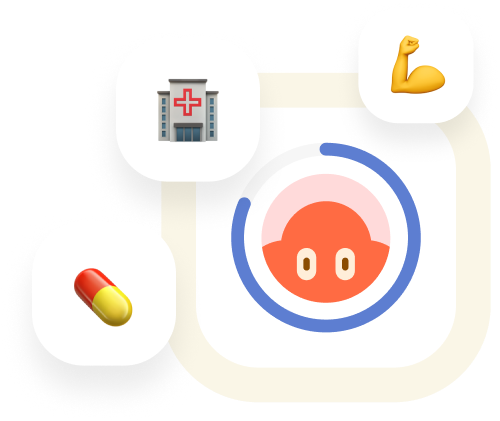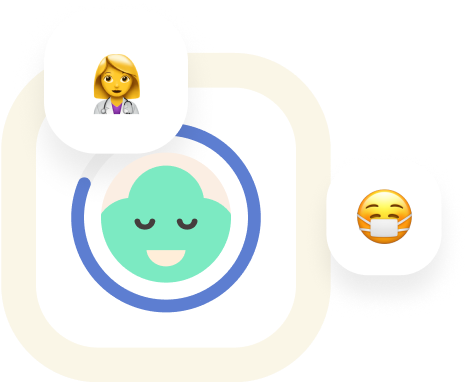Join a Community That Understands You
Get answers from those who share your health journey



Dawny's Post
Dawny
Updated 1y ago
Dealing with Grief and Depression: How Long is Too Long?
Can you help? Connect today
ajar
2y
BRollins8
2y
Susanne
2y
antiquejade
2y
ShadowLilly
2y
ShadowLilly
2y
Rissy
2y
jelly
2y
Saxat
2y
Depression
2y
The content in this post is not intended to be a substitute for professional medical advice, diagnosis, or treatment. Always seek the advice of your physician or other qualified health provider with any questions you may have regarding a medical condition.

Free unlimited access
to all community content

Find others who are
medically similar to you

Pose questions and join
meaningful discussions
Alike is a transformative platform that goes beyond just bringing together patients; it meticulously connects individuals based on multiple critical factors, such as age, gender, comorbidities, medications, diet, and more, fostering a community of knowledge, support and empathy.
© 2020-2024 Alike, Inc